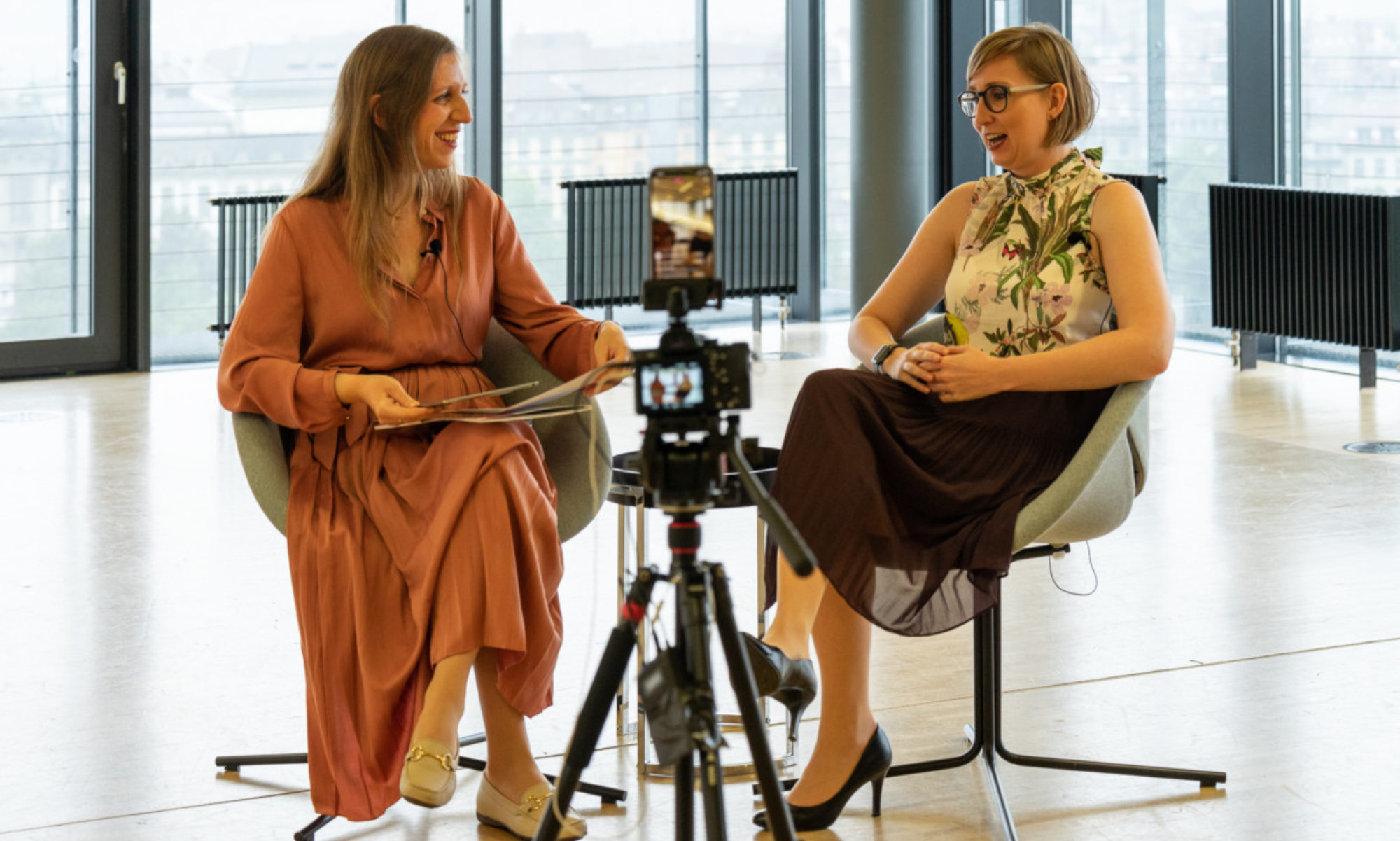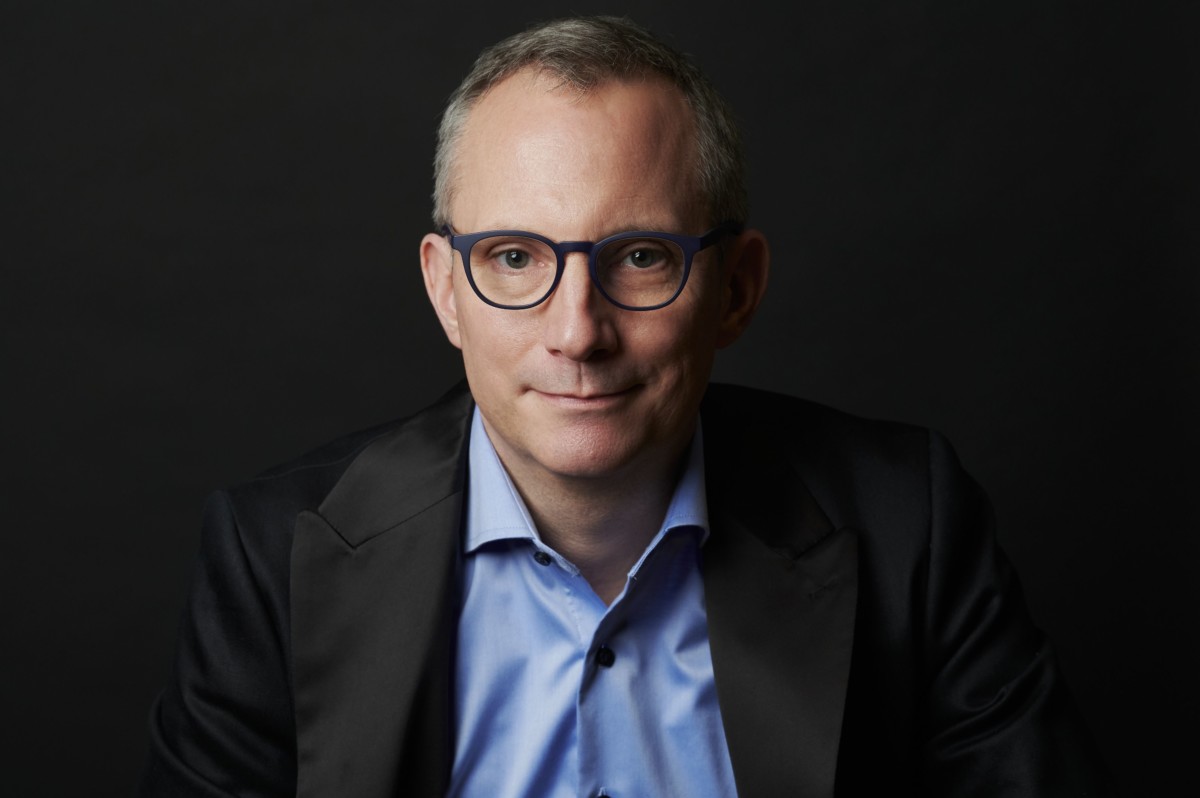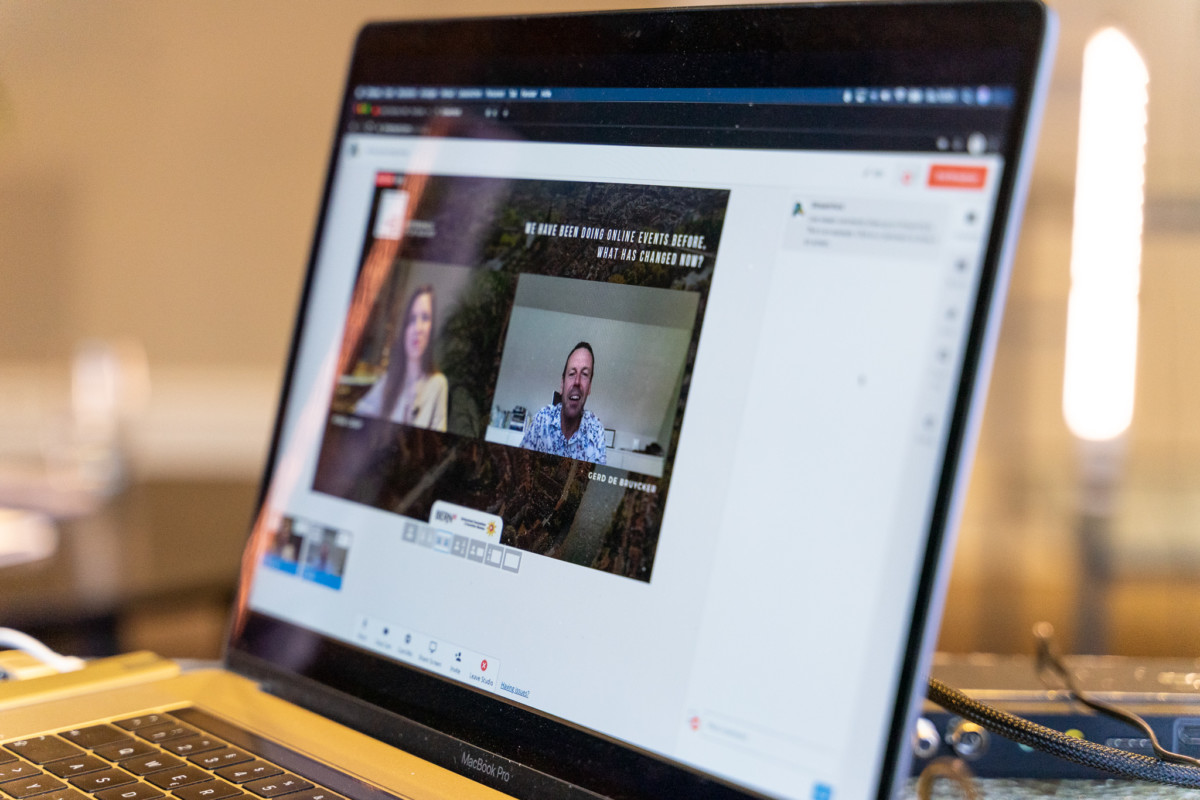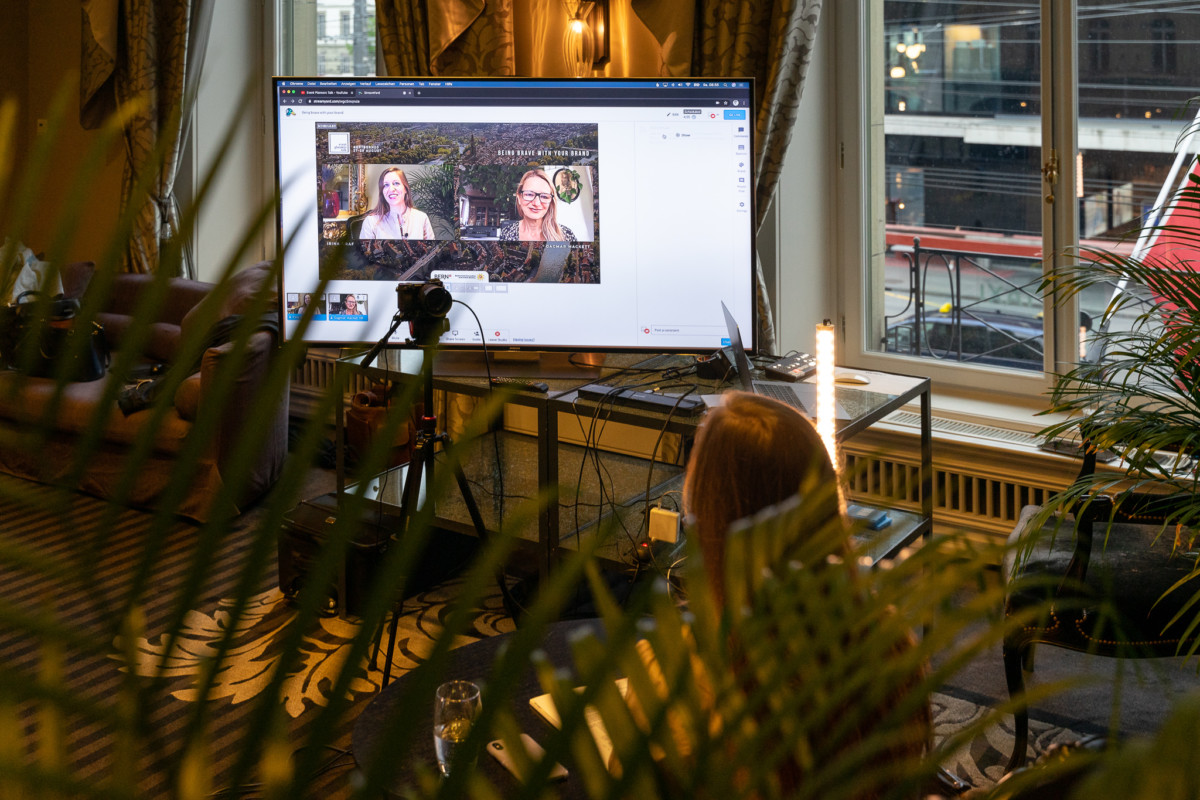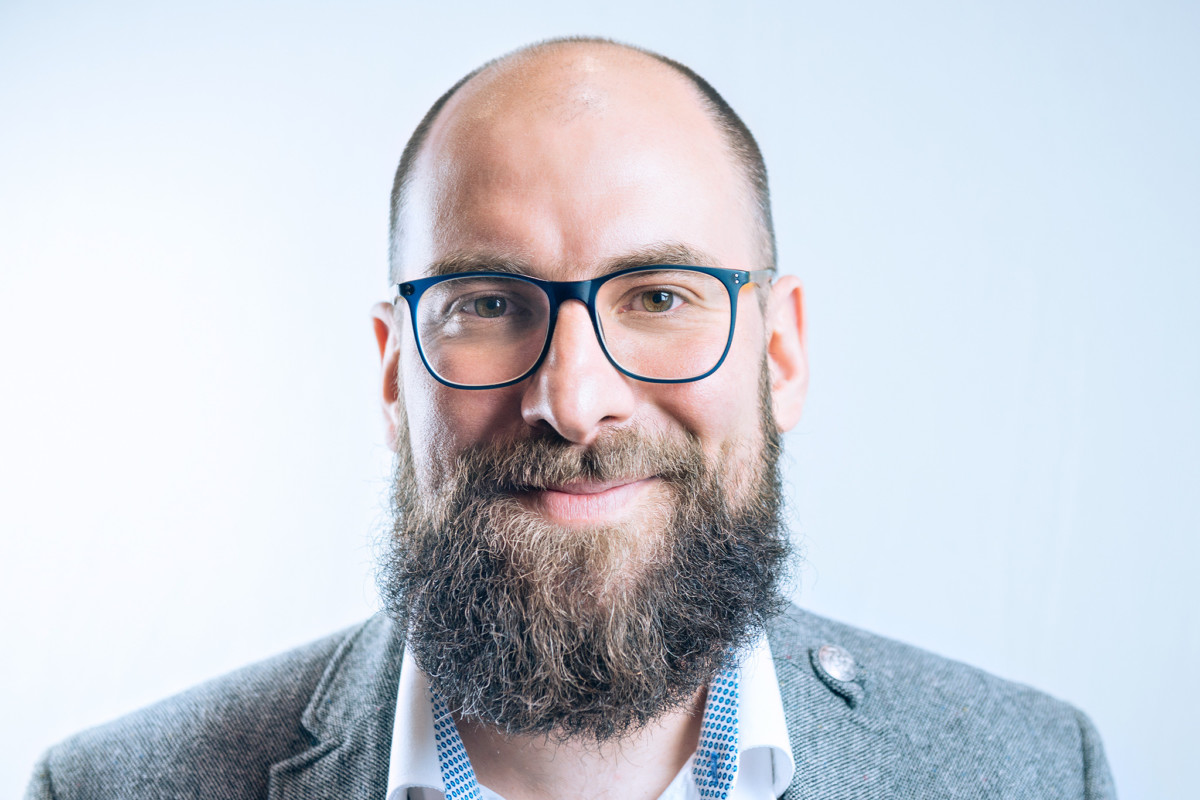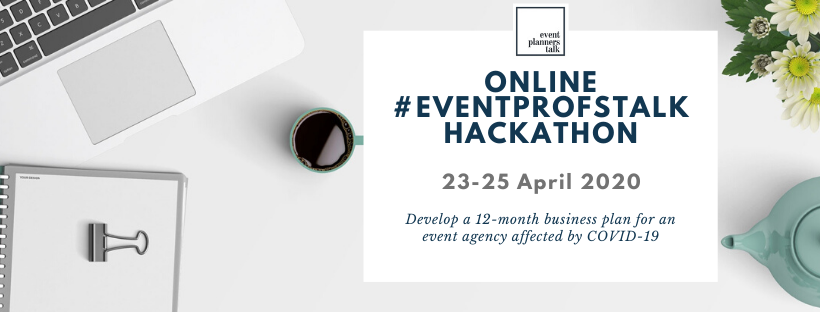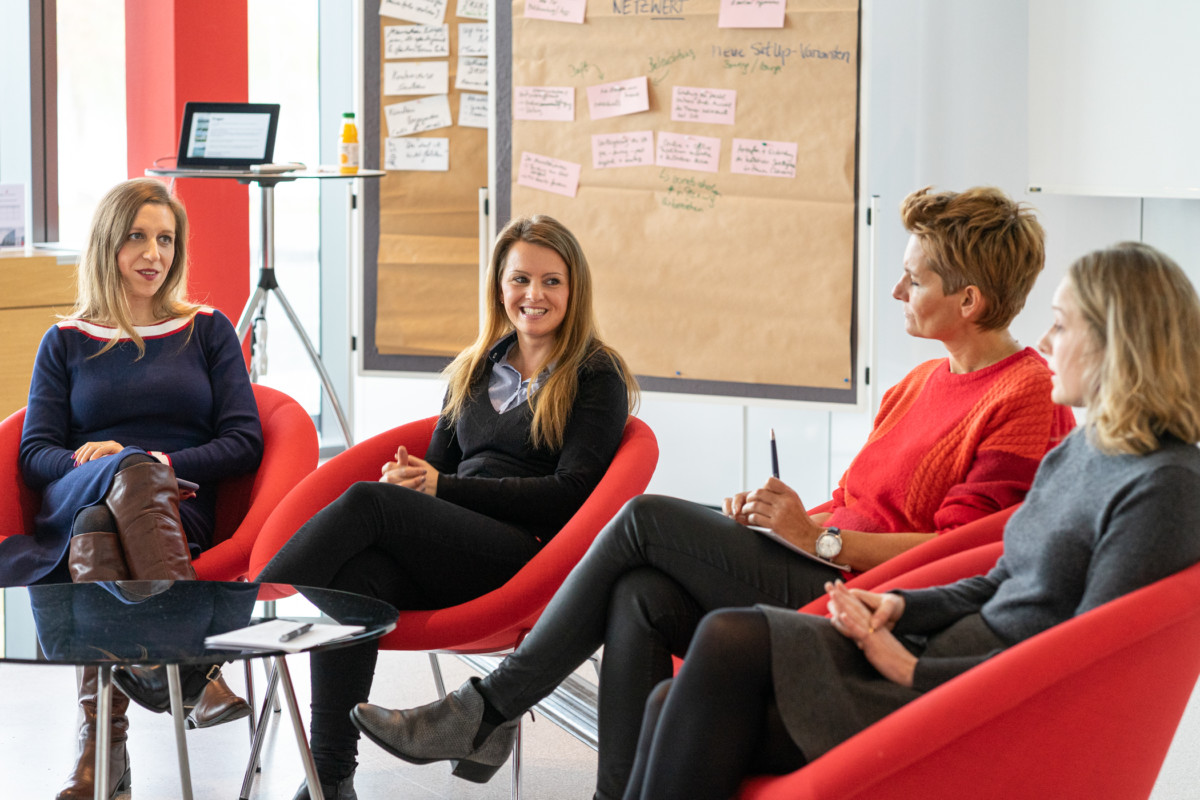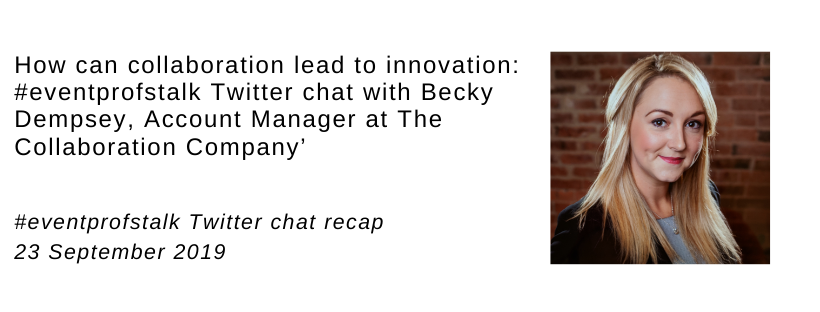The demand for live events is growing. After a year and a half of the COVID-19 pandemic, the agency for events and live-marketing VOK DAMS is again registering a strong increase in demand for live events worldwide.
According to the company, 26 percent of all inquiries received by VOK DAMS in Germany concern face-to-face events, 35 percent to hybrid events with a mix of digital and face-to-face components, and 39 to purely digital gatherings. The economy in Germany is still initially focusing on the particularly flexible digital and hybrid formats, as companies need a longer lead time for their events and certainty in their implementation. In the course of the planning, however, the share of live events is likely to increase further in many projects, VOK DAMS is certain. In China, where physical events have been allowed to take place again since the middle of last year, companies are focusing on live events: Since the beginning of the year, VOK DAMS has recorded a 30 percent increase in inquiries here. In the USA, too, inquiries for live events continue to rise, which VOK DAMS sees as a result of the country’s successful COVID-19 vaccination program.
Continue reading “Live comes before hybrid – demand is increasing”
